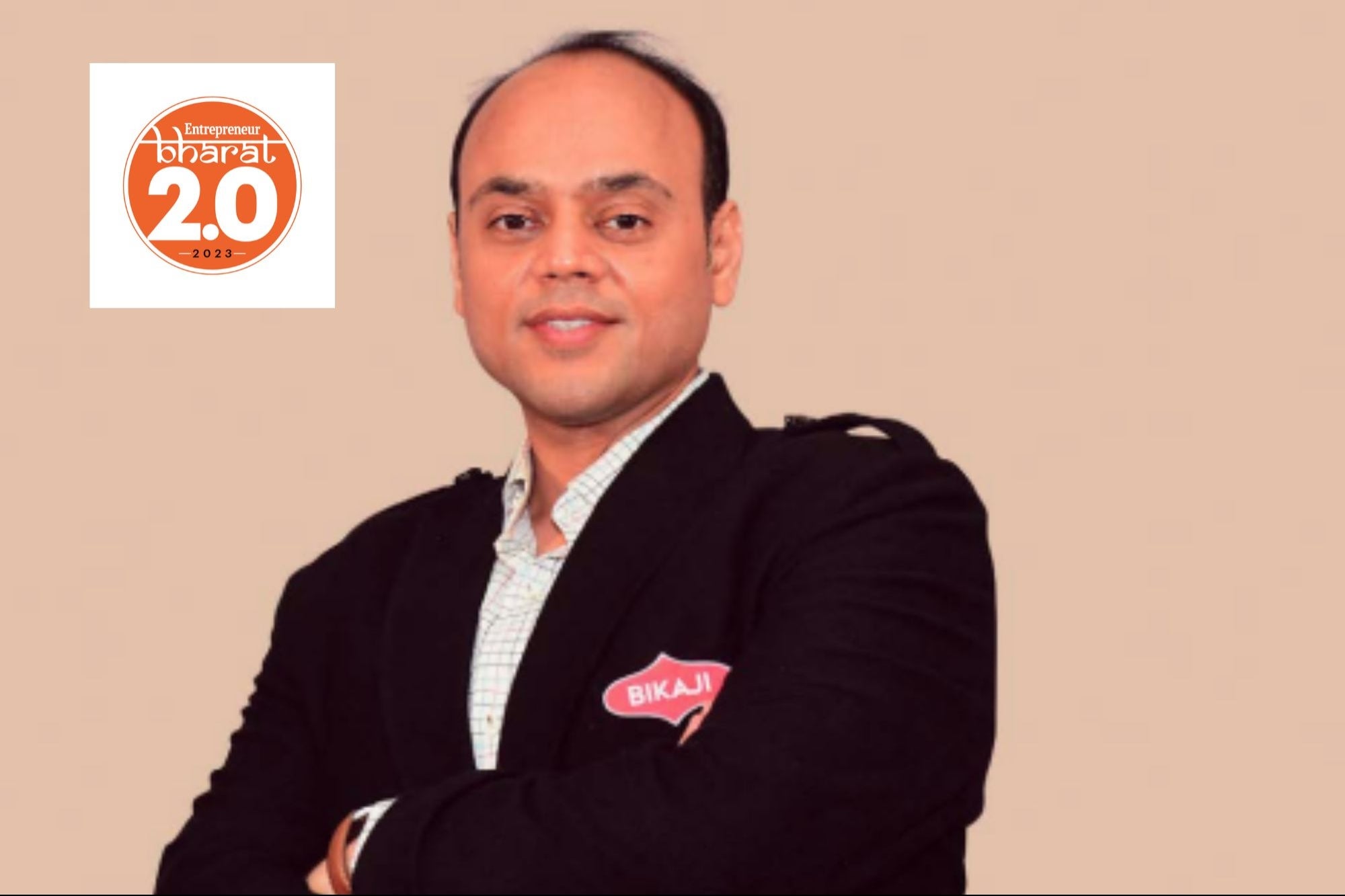ICOs Trump VC Funding! What's Driving Investors?ICOs surpassed early stage VC funding for June and July last year sending VC investors in a tizzy
BySandeep Soni•
Opinions expressed by Entrepreneur contributors are their own.
You're reading Entrepreneur India, an international franchise of Entrepreneur Media.

Cryptocurrencies are on a rampage. The bull run caught in the frenzy of retail and first time investors is luring entrepreneurs to raise capital that comes with no strings attached. The assumption hence that this inundating money flow would make venture capitalists (VC) extinct, however, might be a bit farfetched.
T he ICO tracker CoinSchedule throws stunning numbers. From $95 million raised in total of 43 ICOs in 2016, the amount rose steeply to jaw dropping $3.8 billion in 210 ICOs in 2017. This year, the rise is insane. Within first quarter (till March 27) of 2018, a mindblowing $4.8 billion has already been raised in 152 ICOs. At that pace, 2018 might end up with more than $20 billion raised via ICOs. That's too much of capital raising, particularly at early stages of a business. In fact, ICOs surpassed early stage VC funding for June and July last year sending VC investors in a tizzy. This situation doesn't exist in India, as India-focused start-ups like Drivezy, WandX, Nucleus Vision, Cashaa, Panaesha Capital etc., who have raised ICO are registered outside India. Hence they raised the amount from investors in countries that allow cryptocurrency trading such as the US, Singapore and Japan. While what might look as eating into VC's pie of deal flow, on the other hand, it is seen as an alternate to equity funding.
"ICOs will be a fund raising tool for companies which have gained some scale. It will not replace equity funding since governments globally don't see it as a friendly fundraising option due to lack of regulation. They are skeptical of it as a ponzy scheme," saysRohit Chokhani, Principal Founder,White Unicorn Ventures– Mumbai-based fund.
Similar to equity-funding where investors are given shares of the company in exchange of money, in ICO, investors are given new cryptocurrency in exchange of existing cryptocurrencies like Bitcoin and Ethereum. Much like shares, a value is attached to the token and when the value of that share or token appreciates as the company grows, they are converted into the fiat currency. So, one might look at it as another speculative instrument to invest in. Hence, the future of ICO is certain but not at the cost of existing channels of fundraising. So the question is about ICOs getting mainstream like equity funding instead of replacing VCs.
"ICOs have a future but the question of redeeming the increased value of tokens is meaningful only when cryptocurrency becomes mainstream. So investors make speculative investment and that is what happens in an initial public offering or equitybased funding," saysGuru Malladi, Partner, Advisory Services,Ernst & Young India. However, to become mainstream it would need transparency in regulations and education among investors which would take at least another three-five years.
CO-EXISTENCE
Once that happens, investors would be willing to back start-ups via ICOs. In fact, Chokhani believes that there will be a host of VCs only doing ICOs ahead much like equity funding to help their companies grow faster. While a start-up can choose between the funding route but there is value in raising first round via equity exchange. Equity money is smart money that brings along investors' knowledge, network and mentorship. This could help start-up reach to a scale where it can choose for ICO to grow to the next level, as ICOs can have anyone and any number of people turning investors. That's more like dumb money.
Ashwarya Singh, however, chose latter path. The Bengaluru-based self drive car rental start-up Drivezy has raised $21 million so far out of which it initially raised $6 million from the US-based seed accelerator Y Combinator and others followed by $10 million in October 2017 from Das Capital, Axan Ventures and others. Both were equity rounds. It last raised $5 million via ICO in February this year from existing VCs and retail investors from Japan and the US.
“我们上调ICO营运资金需求s and buying assets which includes bikes and cars. We used equity for getting good VCs on board and to fund employee salary, marketing, technology etc.," says Singh, Co-founder and CEO, Drivezy. In March this year, he closed Series B equity round of $25 million and would be raising an ICO of $15 million again in Japan. The start-up as part of Y Combinator program was registered in Delaware, the US, to avoid legal opacity around cryptocurrency.
From investors' perspective, they too have a reason to ensure that equity funding maintains a healthy mix with ICOs. For example, after entrepreneurs have raised let's say $10 million equity round, investors would seek an ICO of $25- 30 million to boost company's gross merchandise value (GMV) to $100 million, followed by another equity round of around $100 million. "ICO would be used as a GMV booster after which entrepreneur can approach a bigger equity fund to invest instead of diluting equity early on. That's because when the founders' stake is reduced to an insignificant level, the private equity fund will hold the maximum control of the company which it wouldn't get through an ICO," explains Chokhani.
The risk, nonetheless, of raising unbridled amount of capital via ICO can create bubble like situation where the growth impact of the capital raised may not be measured. Further due to lack of non-accredited investors' participation, it might lead to bloodbath both for start-ups and investors losing tremendous capital. "The success rate in start-ups which raised equity capital is anyways less than two per cent. In ICOs, it would be even more horrible because there is no one to guide and check start-ups at early stage. Getting the right regulations is the right move forward," concludes Singh.
(This article was first published in the May issue of Entrepreneur Magazine. To subscribe, clickhere)












